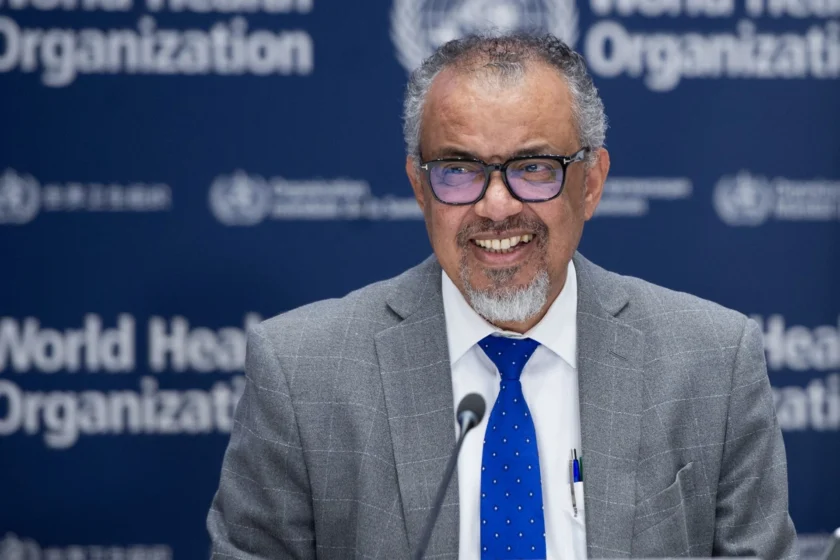MONTEVIDEO, URUGUAY — José “Pepe” Mujica, the iconic former President of Uruguay, died on Sunday at the age of 89, four months after choosing hospice care at his modest ranch home on the outskirts of Montevideo. Uruguay’s current leftist President Yamandú Orsi confirmed his death, calling him a “president, activist, guide, and leader.”
Mujica, a former Marxist guerrilla and chrysanthemum farmer, captivated the world with his deeply principled leadership, anti-materialist lifestyle, and relentless advocacy for social justice. Diagnosed with esophageal cancer last year, Mujica’s condition worsened in recent months as the disease spread to his liver. Refusing further medical treatment, he opted for a dignified end surrounded by the land and people he loved.

Born in 1935, Mujica rose from rebellion to the presidency, enduring over 15 years in prison—10 of them in solitary confinement—during Uruguay’s military dictatorship. Once released in 1985 under a general amnesty, he transitioned into mainstream politics, joining the Broad Front coalition. He served as Minister of Agriculture in 2005 before being elected President in 2010.
During his presidency (2010–2015), Mujica enacted some of Latin America’s most progressive reforms. Under his leadership, Uruguay became the first country in the world to legalize the entire marijuana supply chain. His administration also approved same-sex marriage and South America’s most comprehensive abortion rights legislation, bolstering Uruguay’s image as a model liberal democracy.
True to his ideals, Mujica rejected presidential luxury, living in a tin-roofed farmhouse, driving a battered 1987 VW Beetle, and donating most of his salary to charity. His simplicity and candor earned him global admiration. “They called me the poorest president,” he once said, “but the poor are those who need too much.”
Mujica’s foreign policy championed human dignity, environmentalism, and non-interventionism. He led Uruguay to become one of the greenest nations globally, with nearly 98% of its electricity now generated from renewable sources.

Despite his popularity—leaving office with a 60% approval rating—Mujica faced criticism over rising crime rates and economic deficits. Yet, he remained a powerful voice in Uruguayan politics, serving as a senator and mentor to younger leaders like current President Orsi.
Global leaders paid tribute after the announcement of three days of national mourning in Uruguay. Colombian President Gustavo Petro called him a “great revolutionary,” while Mexican President Claudia Sheinbaum hailed him as “an example for Latin America and the world.” Brazil’s Foreign Ministry called him “one of the most important humanists of our time.”
Mujica’s wife, Lucía Topolansky—his comrade in both guerrilla struggle and politics—stood by him until the end. “I’ve been with him for over 40 years,” she told a local radio station, “and I’ll be with him forever.”
Mujica leaves behind no biological children, but an entire generation of followers inspired by his belief in justice, dignity, and the power of simplicity.
“If you left us anything,” President Orsi wrote, “it was the hope that things can be done better. The belief that as long as injustice exists, we must keep fighting.”









